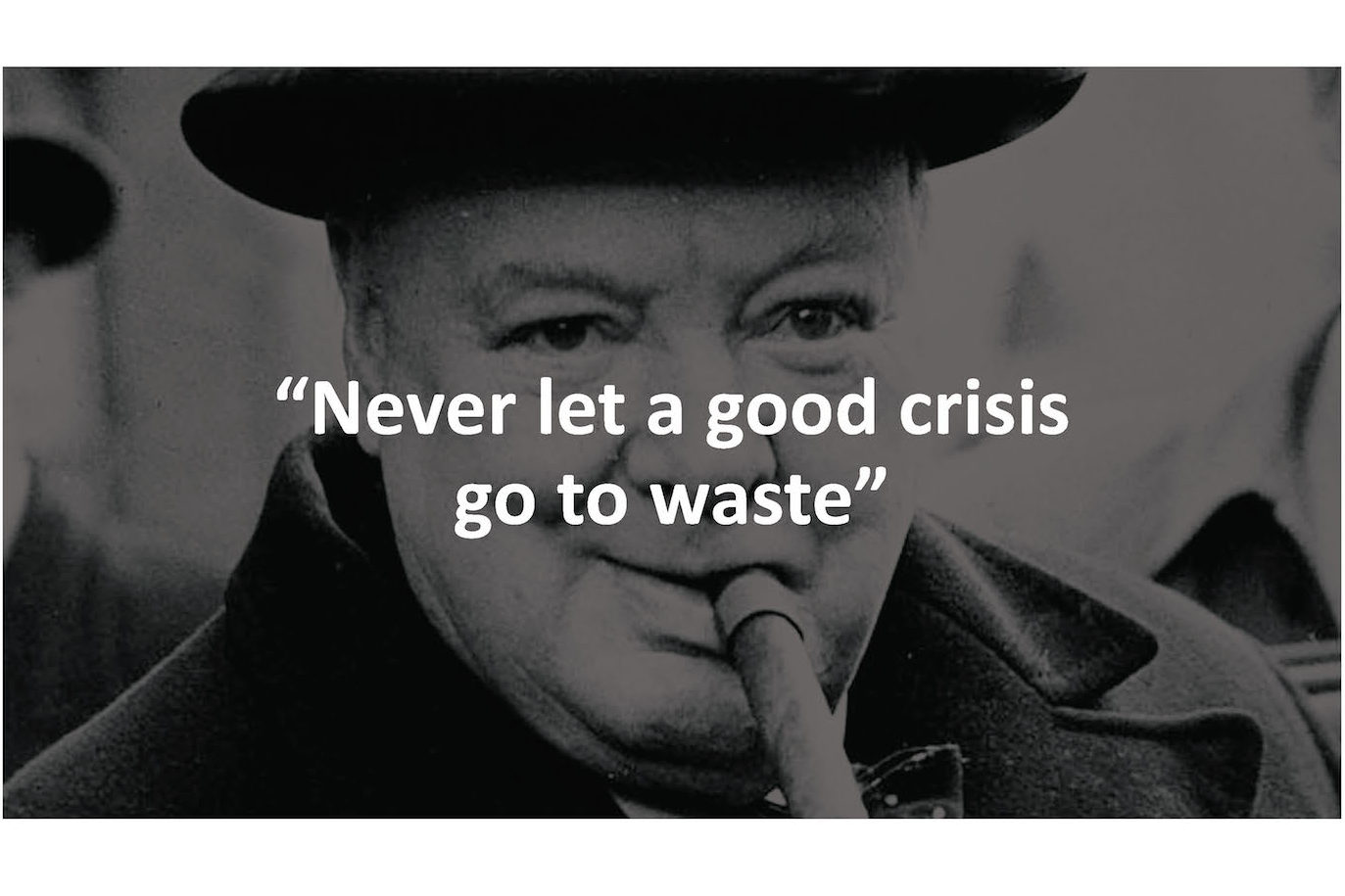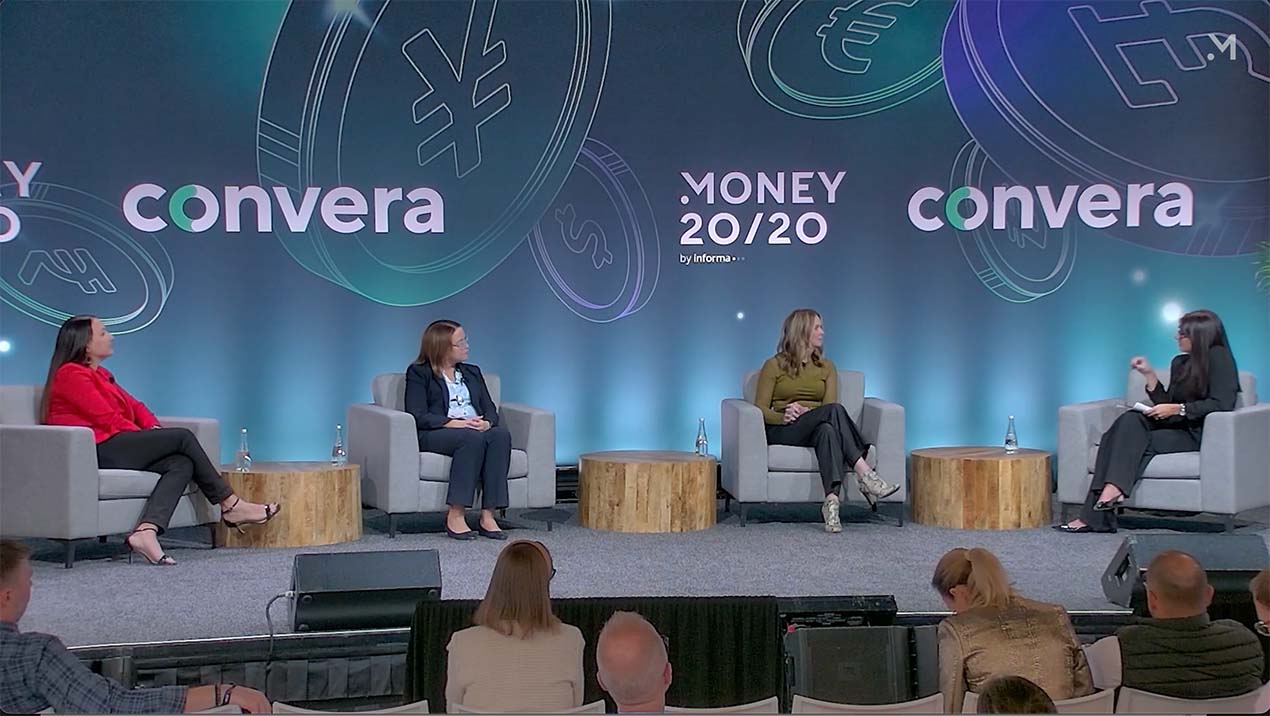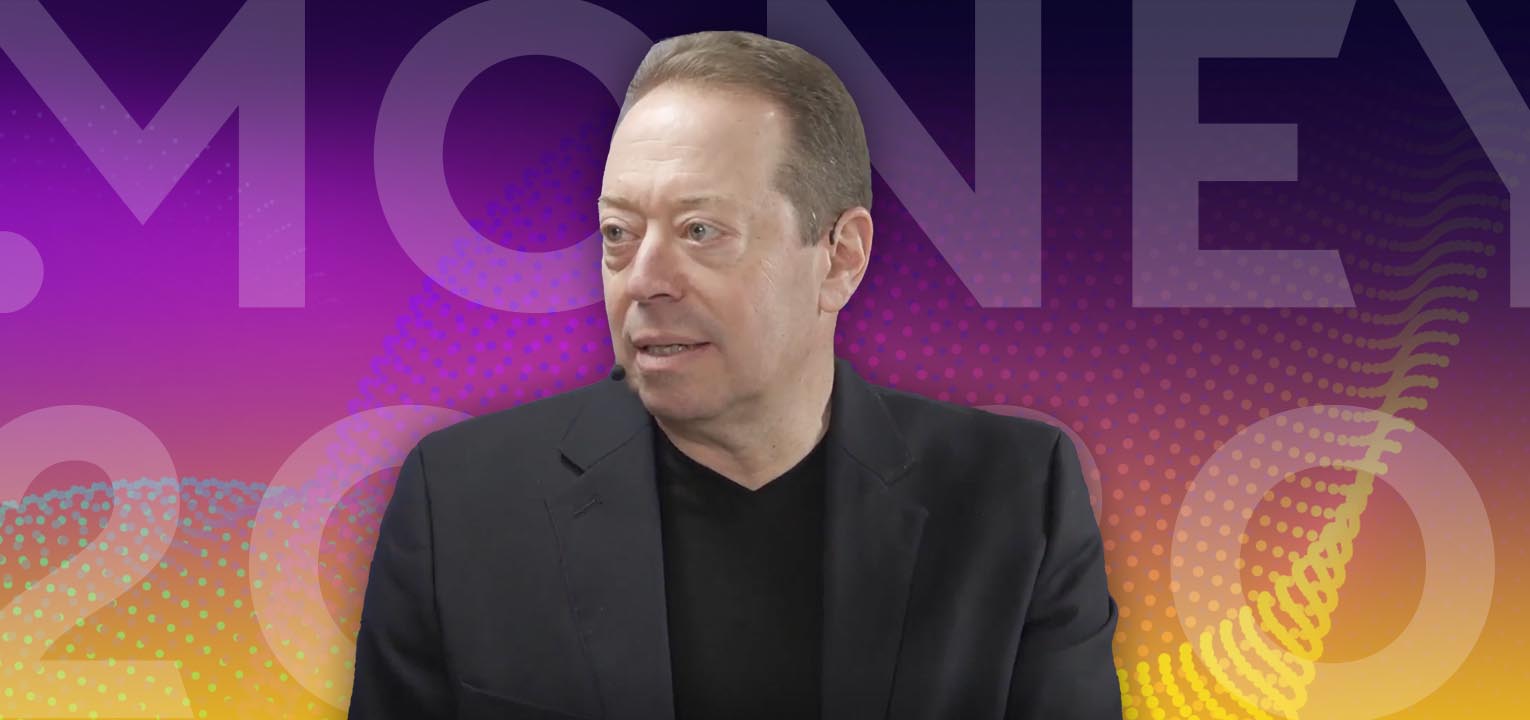September 22, 2020
Never Let a Good Crises Go To Waste

How Leading Banks Are Rebooting Their Autonomous Banking Strategy
The latest Forrester report, “The Future Of Banking Is Built On Trust” (by subscription only) by Jacob Morgan and Alyson Clarke, is an insightful peek into what to expect from the leading banks as we enter an unprecedented time of financial crisis, increased consumer demand for a responsible banking and an ever-pressing need for banks to demonstrate strong business impact.
Banks that are self-aware and agile will take the necessary steps and move to a more trust-based, personalized yet automated methodology that will help keep customer satisfaction high while ensuring they capitalize on the big payoffs. Banks that lack self-awareness — or take too long over decisions — will fail.
And while many of the drivers of change were already firmly rooted over the past decade, it is the COVID-19 crisis that has accelerated or highlighted those changes. U.S. Bank’s chairman and CEO Andy Cecere said the company had not yet finalized exactly how much it would reduce branches and corporate real estate.
“Consumer behavior before COVID was already migrating to digital channels. That has only accelerated in the last six months,” he said.
BANKING WILL BE INVISIBLE, CONNECTED, INSIGHTS-DRIVEN, AND PURPOSEFUL
Forrester lists four themes that will define the future of banking future banking; invisible, connected, insights-driven, and purposeful.
1. Invisible – Banks will combine the power of data and technology to seamlessly present insights, products and services at the customer’s moment of need. As customer’s beginning to engage with their vendors through multiple channels, they will demand a rich experience at each channel yet expect a seamless journey between channels.
2. Connected – Forrester focuses their research on the technologies, partnerships, ecosystems, and platforms that will combine across multiple industries to deliver financial outcomes.
At Personetics, we widen the scope to include connecting disparate and, up until now, untapped data sources including real-time financial transactional data that enables the most powerful personalization and timely insights, advice and automated wellness programs to be delivered to customers.
As branch visits continue to decrease, consumers expect a seamless blend of human and digital experiences. They expect the same level of intimate familiarity when they shift between the app on their phone, to a call center or to an in-person banking representative. By integrating a bank’s marketing platform with a smart financial-data driven personalization and engagement engine, banks will reach a “trusted advisor” status and differentiate themselves from all other touch-points that offer embedded financial services.
3. Insights-driven. By delivering accurate and timely personalized insights, banks establish a new level of consumer trust that enables them to have ultimate control of their financial and digital lives, building a mutually beneficial relationship. These types of strong relationships empower consumers to lean back to those they trust to help them through a crisis.
Banks sit on the most valuable data a customer can offer, their transaction data.Yet banks continue to fail to capitalize on that data. If Netflix can understand the complex nuances of my entertainment needs, why can’t my bank make timely financial recommendations?
Accessing transaction data and fusing it with real-time marketing data and personalized customer demographic data, will help banks refine products for consumer needs. The next step is connecting to other sources of banking data through Open Banking protocols, but it takes a deep level of trust for a customer to take the step.
4. Purposeful. Consumers have begun to consider a bank’s environmental and social values as an important factor in who they choose to align with and see local and cooperative principles aligning with matters of global responsibility.
Consumers increasingly value banks that are socially responsible, community-focused, and inclusive and expect banks to be a partner in their financial well-being and treat them fairly. Banks that support their customers as they strive to reach challenging financial goals will be rewarded with loyalty and higher product adoption.
NO BANK CAN DO IT ALONE
From connected customer experiences to connected products, new business models being released during these times of uncertainty will only succeed if vendor partnerships are strong. Banks will have a stark choice: Partner with the right Fintech company and enjoy the expertise, speed, and robustness of a tried and tested solution, or build in-house and potentially waste time and money trying to replicate existing offerings.
Want To See How Cognitive Banking and AI Can Transform Customer Engagement?
Request a Demo Now
Latest Posts

Meet Personetics at North America Banking & Fintech Events in 2026

Meet Personetics at LATAM Banking & Fintech Events in 2026

Meet Personetics at APAC Banking & Fintech Events in 2026

How to Monetize AI While Building Trust

Cognitive Banking, Primacy, and the New AI Playbook for Banks: Insights from Money 20/20

How to Prevent Churn & Grow Wallet Share: Bank Primacy Playbook









